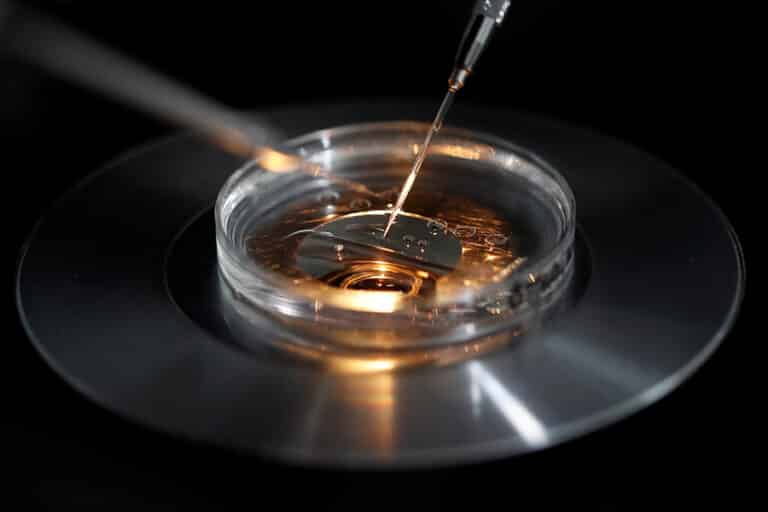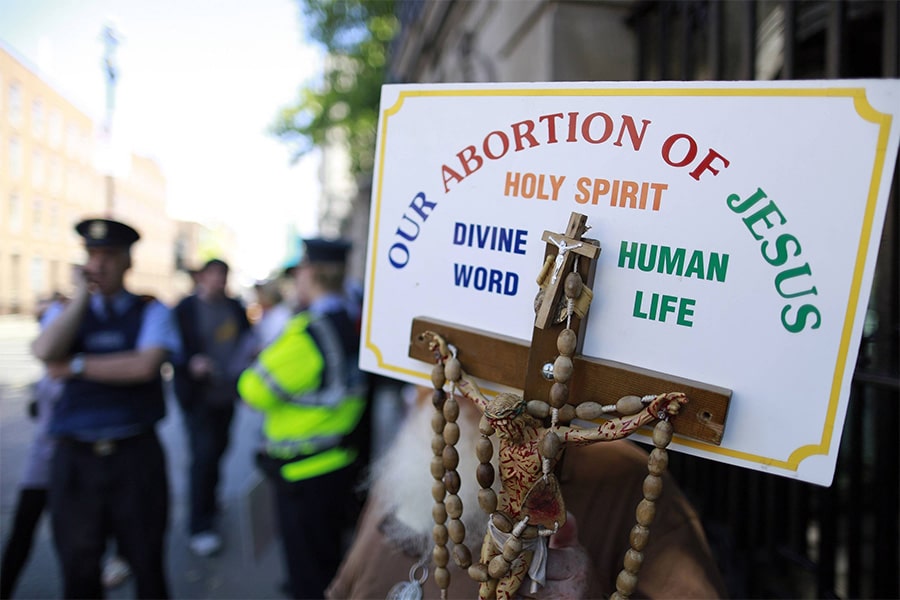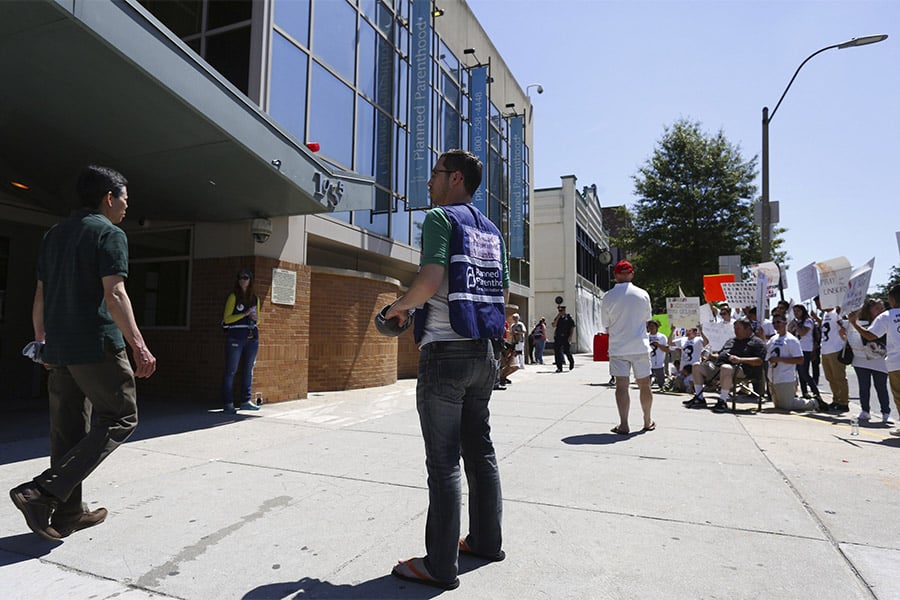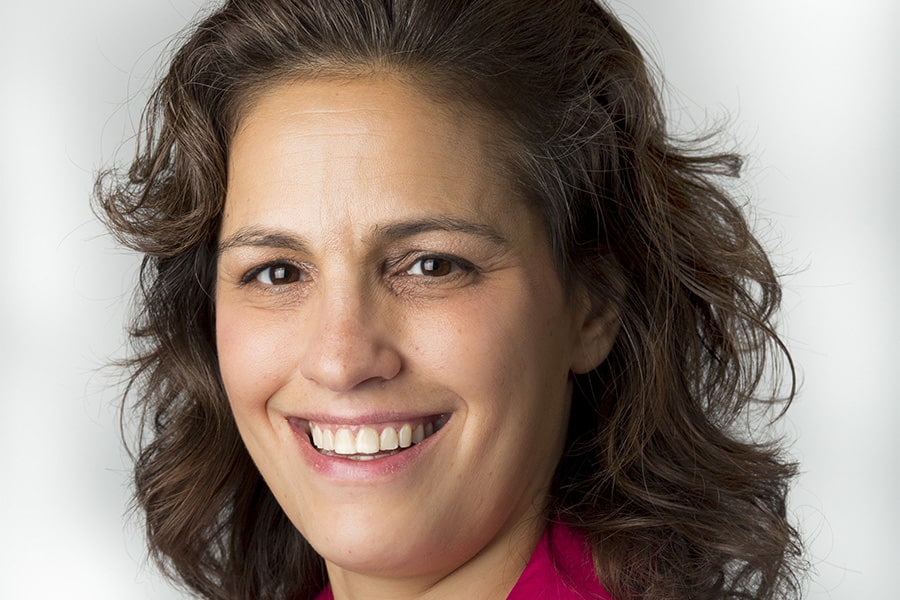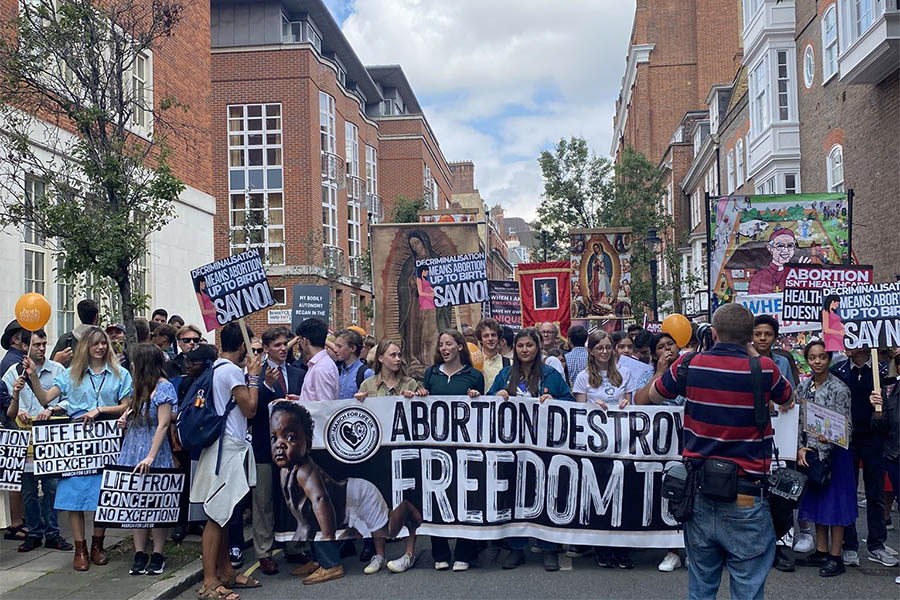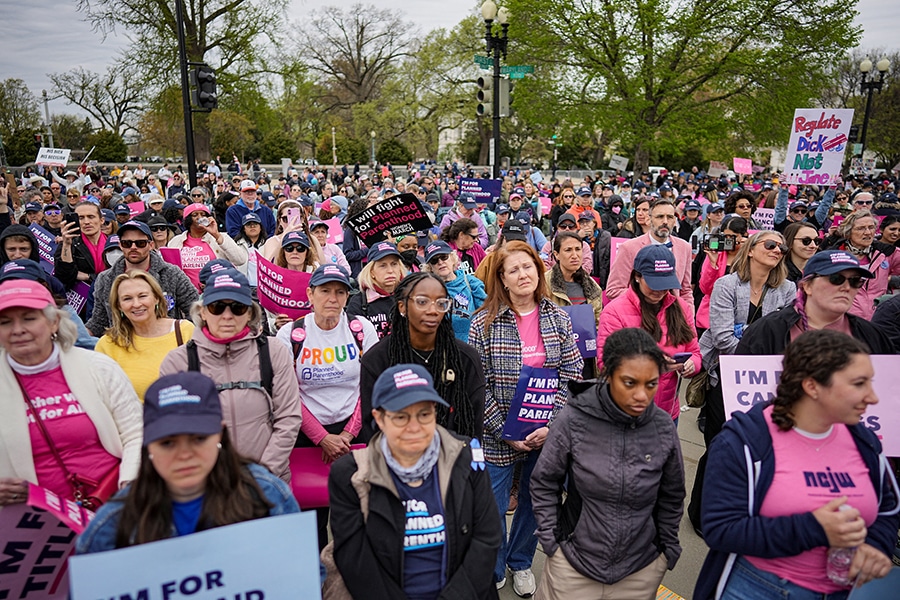While the Catholic Church has consistently voiced major ethical concerns over in vitro fertilization, or IVF, there are now many additional ethical issues to address as modern science continues to explore areas of human reproduction, including with the creation of “three parent” embryos in an effort to prevent mitochondrial disease.
Jason T. Eberl, a professor of philosophy and director of the Albert Gnaegi Center for Bioethics at St. Louis University, spoke with OSV News’ Charlie Camosy about this effort and the Catholic Church’s teaching when it comes to artificial technologies and human reproduction as the field continues to come forward with new techniques.
— Charlie Camosy: What are some overarching principles the Catholic Church has when it comes to licit and illicit technologies used to assist in procreation?
— Jason T. Eberl: The church of course views children as a blessing who should be welcomed within loving families and affirms that openness to procreation — equally with the unitive love shared between a couple — is an essential dimension of the marital covenant.
Nevertheless, there are moral limits on the use of various technological means either to prevent or to assist procreation. Concerning the latter, there are two salient overarching principles. First is the moral obligation to treat all human beings (born or unborn, from fertilization onward) with the dignity due to persons, which is why the Dicastery for the Doctrine of the Faith entitled its most recent instruction on these matters “Dignitas Personae.” Second is the moral imperative not to sunder the essential unitive and procreative dimensions of the marital covenant as affirmed in “Humanae Vitae.”
To be clear, the moral issues at stake in the utilization of biotechnology — to assist in procreation or for any other purpose — is not the technology itself, but how we utilize it. As Pope Francis taught in “Laudato Si'”: “We have the freedom needed to limit and direct technology; we can put it at the service of another type of progress, one which is healthier, more human, more social, more integral.”
This means that in order to fully and authentically respect human dignity, as elucidated in “Dignitas Infinita,” we must also keep in the forefront the moral demands articulated in the church’s social teaching tradition, most saliently the place of the family as the foundational unit of human society, as well as the availability of technologies (or lack thereof) to assist in procreation as a matter of justice.
— Camosy: How should Catholics apply those principles to the case of the “three-parent embryo?”
— Eberl: So-called “three-parent embryos” are created for the specific purpose of preventing the transmission of mitochondrial disorders that have a significant impact on children’s health, well-being and longevity.
The process involves fertilizing an ovum — actually, several are fertilized as in typical in vitro fertilization procedures — and then removing the nucleus, containing the full complement of 46 chromosomes from the two parents, and implanting it into the enucleated ovum of the “third” parent.
This process results in an embryo that has approximately 99% of its genetic identity from the parents who are intended to gestate and raise the child, and 1% from the healthy mitochondria of the donated ovum.
There are several moral concerns raised by this procedure in light of the church’s teaching. First, there is the problematic nature of IVF itself, which the church has condemned since “Donum Vitae” in 1987, even when only two genetic parents are involved, insofar as it disrupts the unitive and procreative dimensions of marriage and violates the dignity of the child(ren) produced.
The latter occurs in at least two ways. First, the process of IVF typically involves multiple embryos being created, not all of whom are intended for implantation: Some will be eugenically selected out, while others will either be, perhaps indefinitely, cryopreserved or donated for embryo-destructive research.
Second, IVF inherently treats children as a product desired by the parents, which opens the door to the eugenic mentality witnessed in preimplantation screening for congenital disorders — and perhaps even for non-disease traits, resulting in so-called “designer babies.”
The process of mitochondrial replacement in this new procedure complicates the moral landscape even further as the child now has a third genetic “parent”; though, it must be admitted that, while mitochondrial DNA does have phenotypic effects on the developing child, there are myriad epigenetic factors that shape how even the two primary parents’ DNA will phenotypically manifest.
— Camosy: What about those who say that this is a therapeutic application of the technology and not an example of illicit enhancement?
— Eberl: It is evident that the intention behind this particular biotechnological intervention is therapeutic, in that the goal is to prevent children from being born with mitochondrial disease.
However, an intervention is only therapeutic if it alters a nonessential condition of the modified human organism, as opposed to changing the essential identity of the organism itself. The question at hand is whether the process of removing the nucleus from one embryo and implanting it into another ovum, with a resultant change — even if small — in the embryo’s genetic identity, alters the embryo’s essential identity.
This is a metaphysical question that is difficult to establish with any certainty; however, it is plausible to believe that the removal of the nucleus from the original embryo destroys that embryo, and thus the new embryo created by the end of the procedure is a different embryo. In this way, the process of creating a “three-parent embryo” cannot be considered therapeutic.
Further, it is worth noting that, since mitochondrial DNA is passed on through the maternal line, this type of genetic change does not impact only the embryo(s) created by this process, but would be passed on to any future children — referred to as a germline modification. Significant concerns regarding germline modification have been raised by both Catholic and secular bioethicists and scientists, as well as organizations such as the American Society of Gene & Cell Therapy.
— Camosy: What are some biotechnologies that Catholics can use in morally acceptable ways to improve the health of their children?
— Eberl: Genetic modification is not inherently morally illicit according to Catholic teaching, so long as it is done for therapeutic reasons. In a 1983 address to the World Medical Association, Pope St. John Paul II stated, “A strictly therapeutic intervention whose explicit objective is the healing of various maladies such as those stemming from deficiencies of chromosomes will, in principle, be considered desirable, provided it is directed to the true promotion of the personal well-being of man and does not infringe on his integrity or worsen his conditions of life.”
If there were a way, for example, to genetically modify the dysfunctional mitochondria in a developing embryo, fetus or born child without otherwise interfering in the procreative act, such a means could be morally permissible provided it were demonstrably safe and efficacious.
Unfortunately, however, the research that would be required to develop such biotechnology would likely continue to involve illicit creation and experimentation upon human embryos.
read more respect life
Copyright © 2025 OSV News

